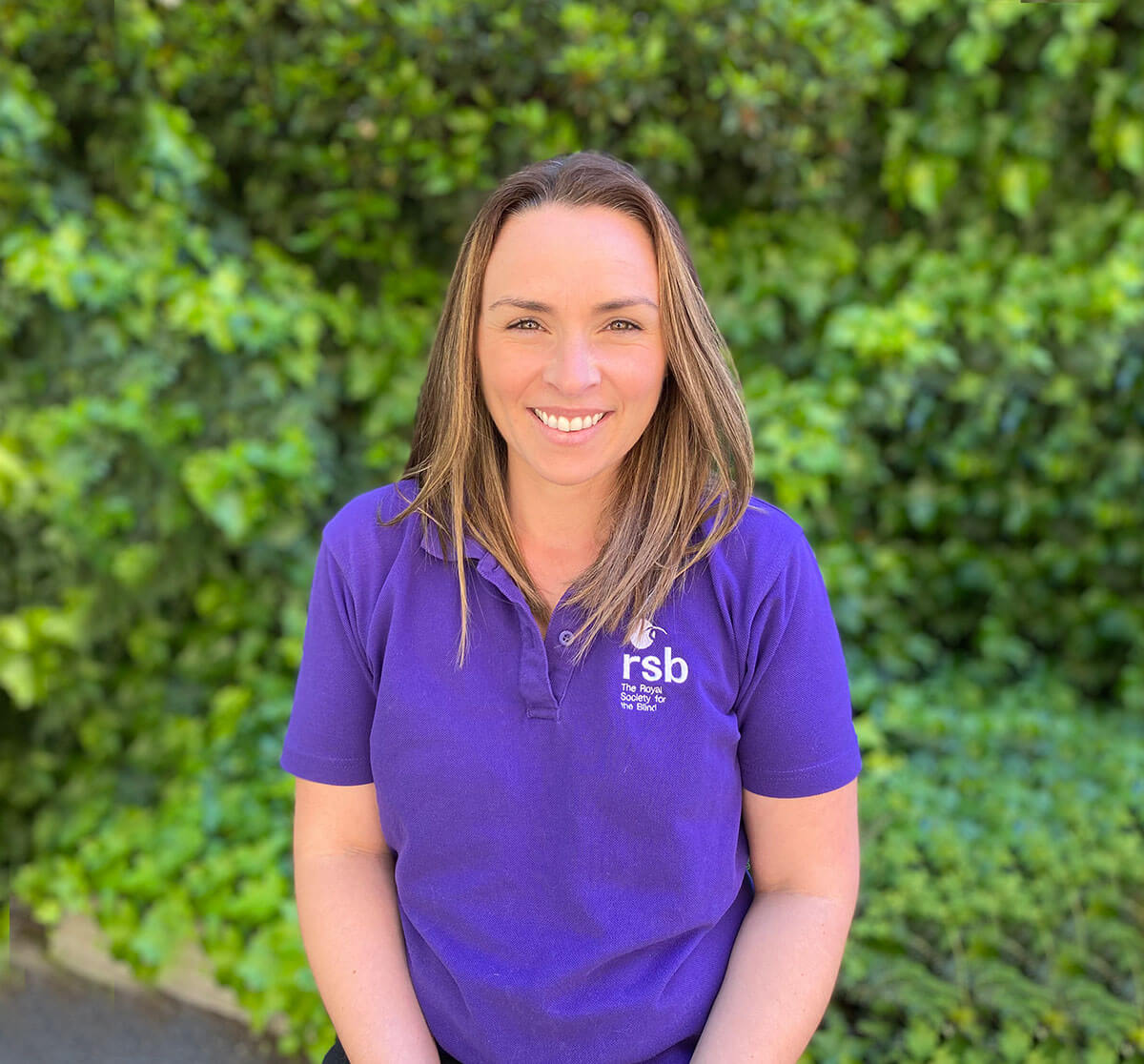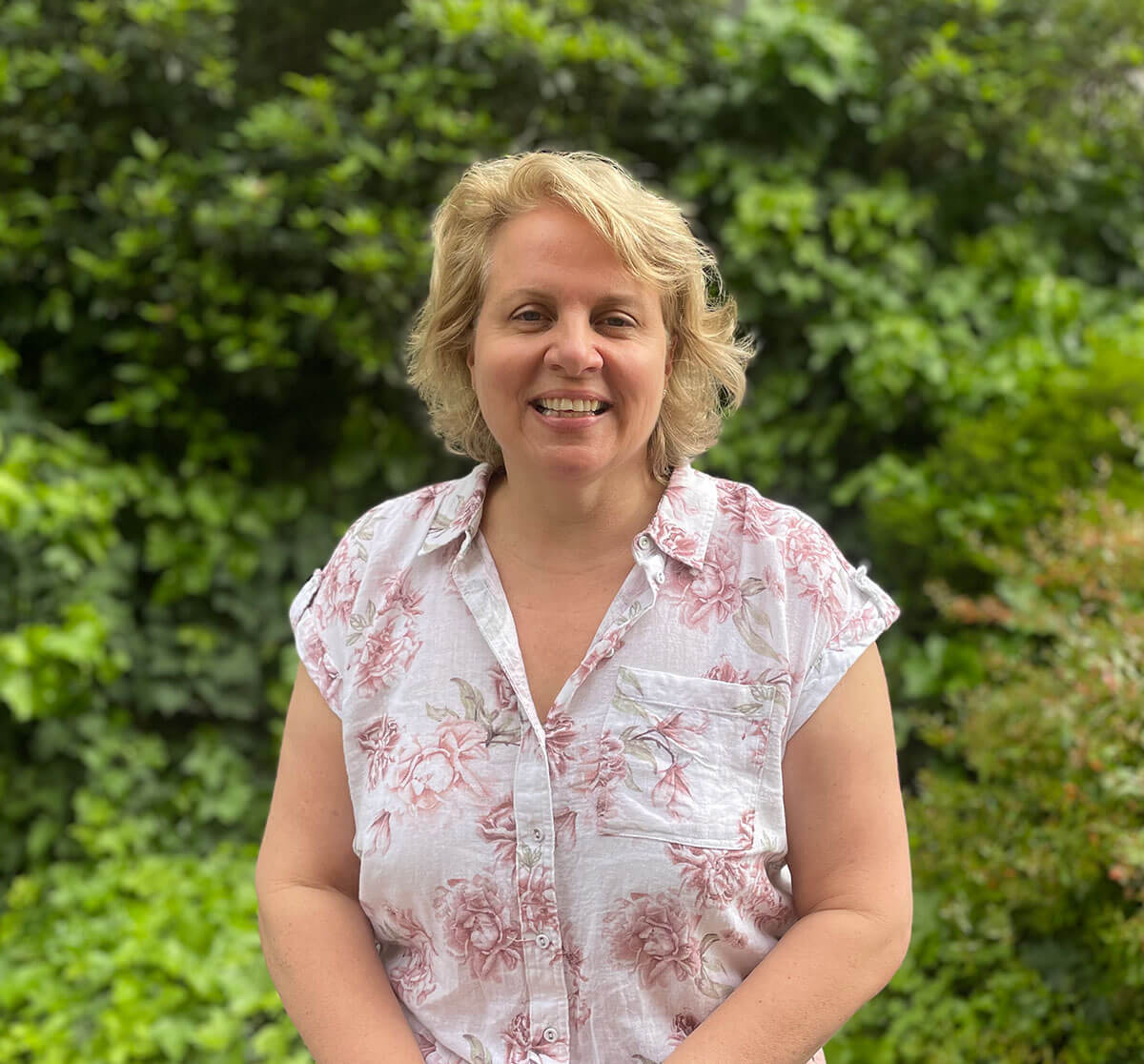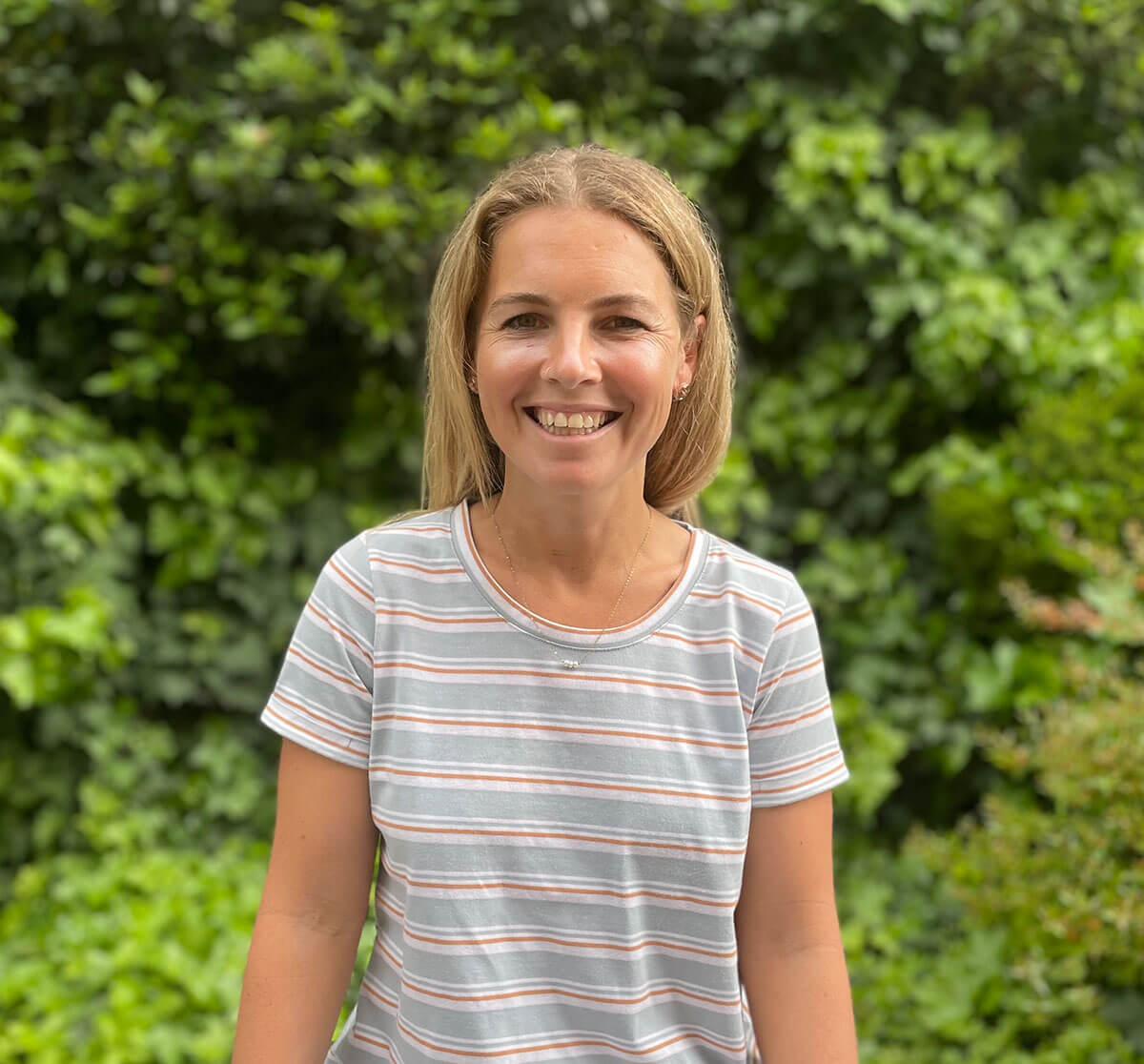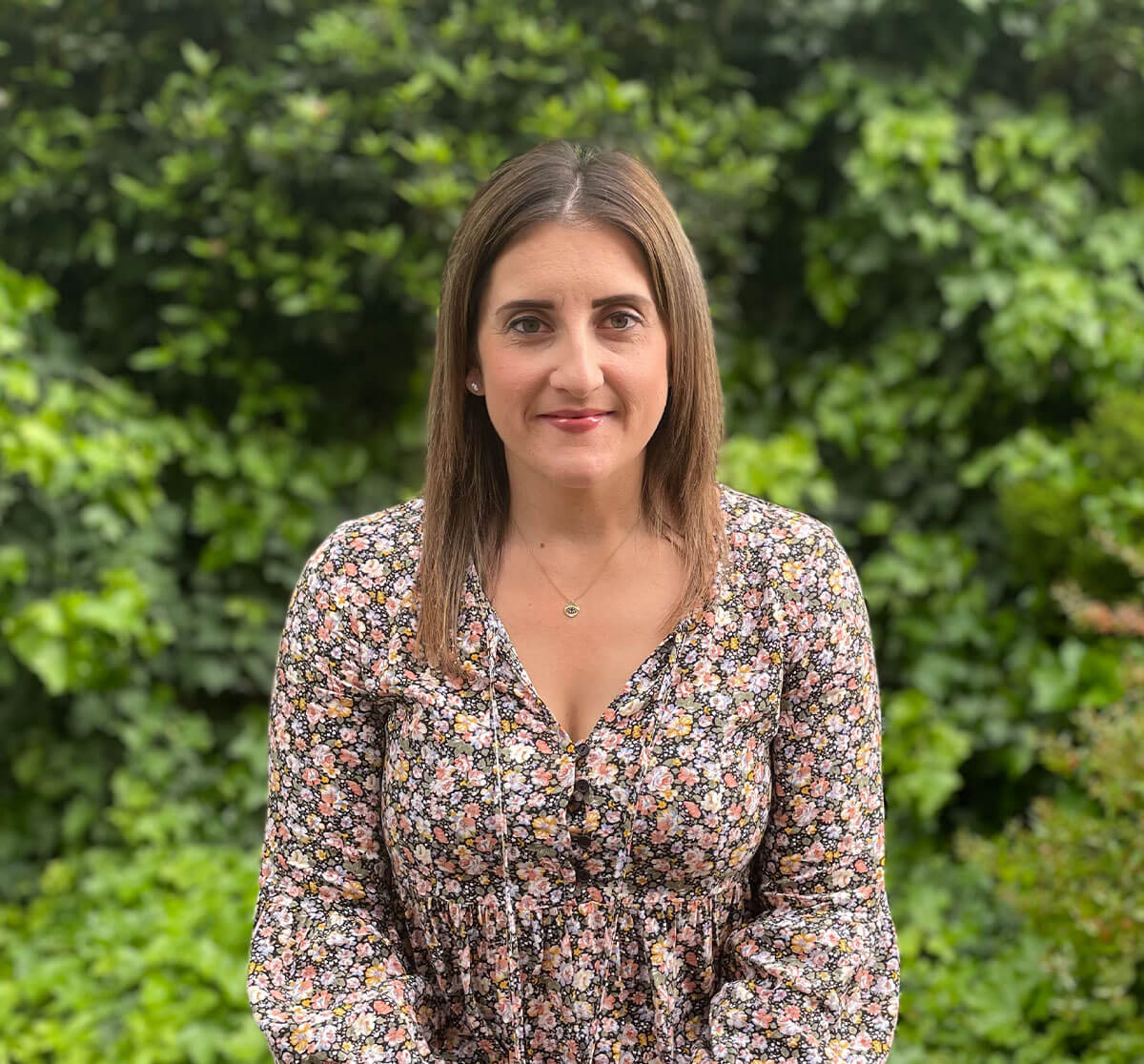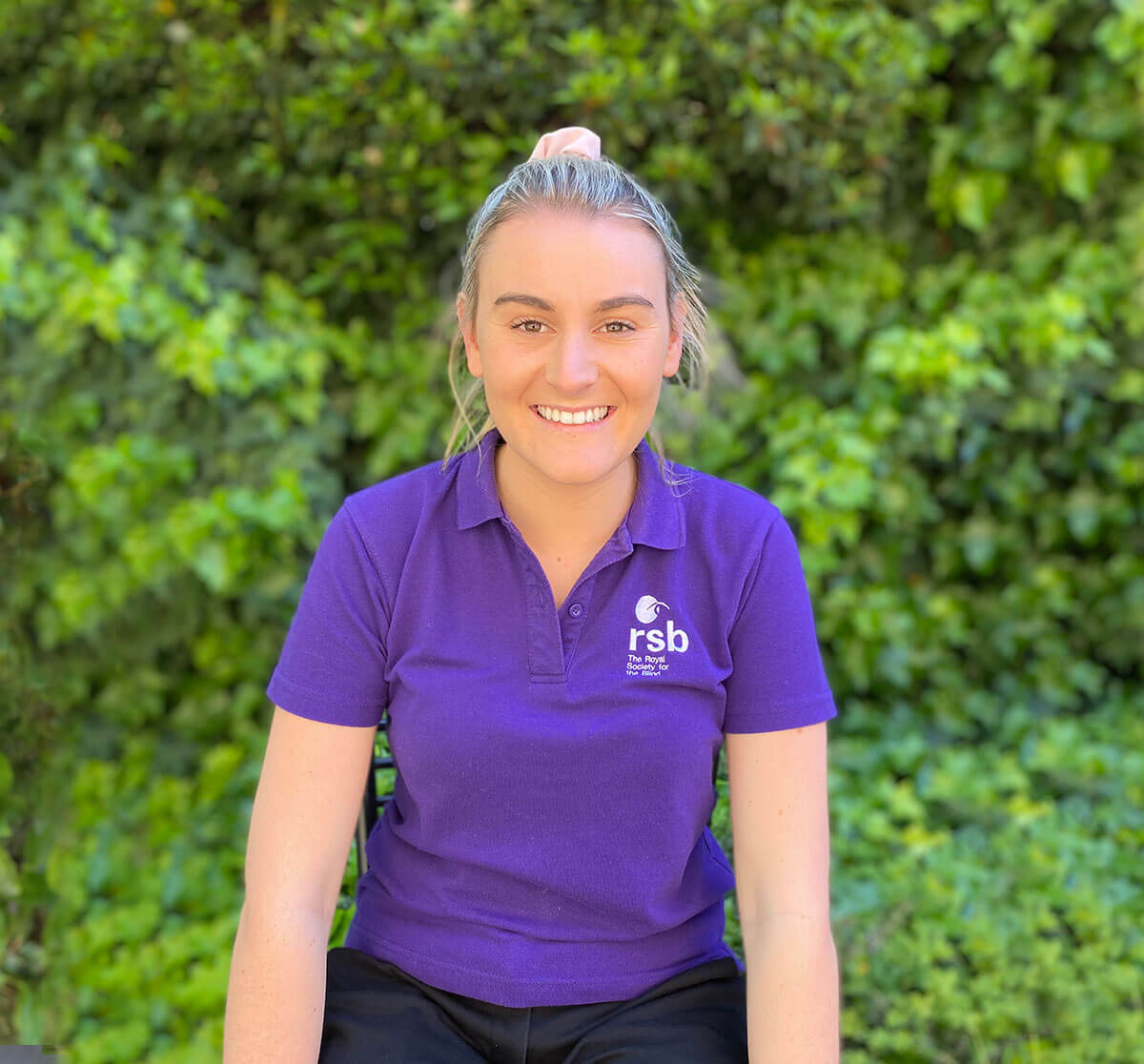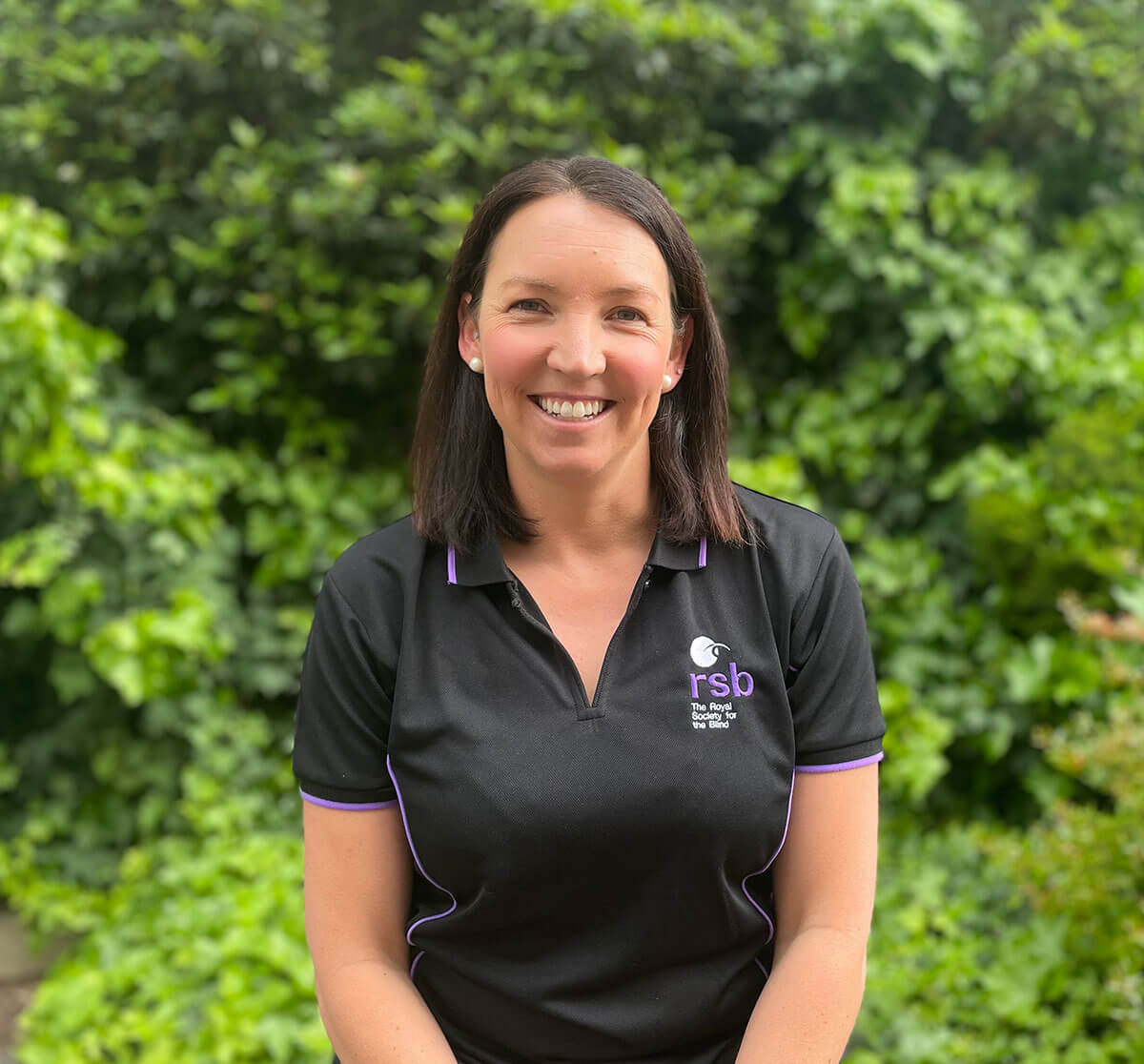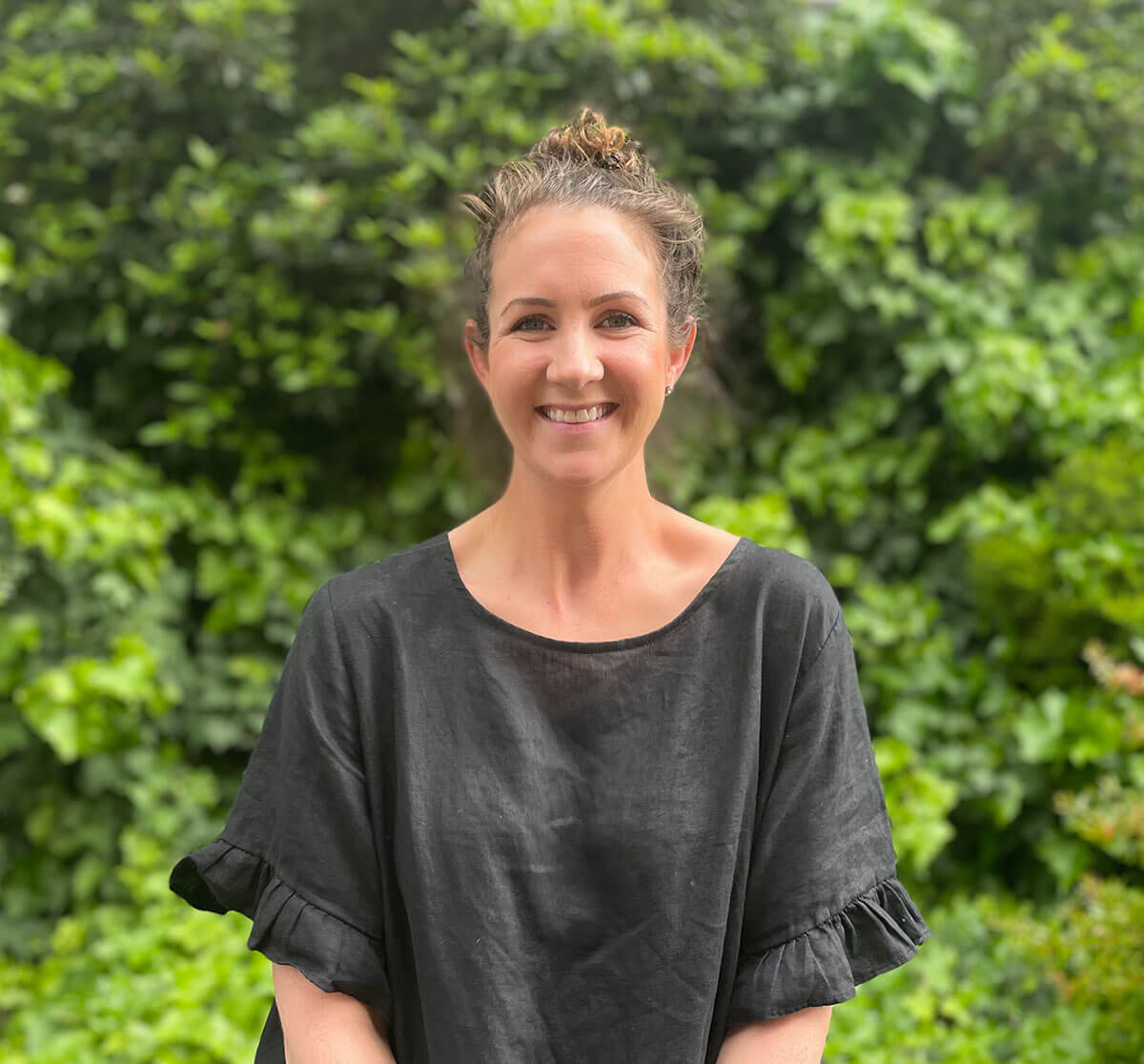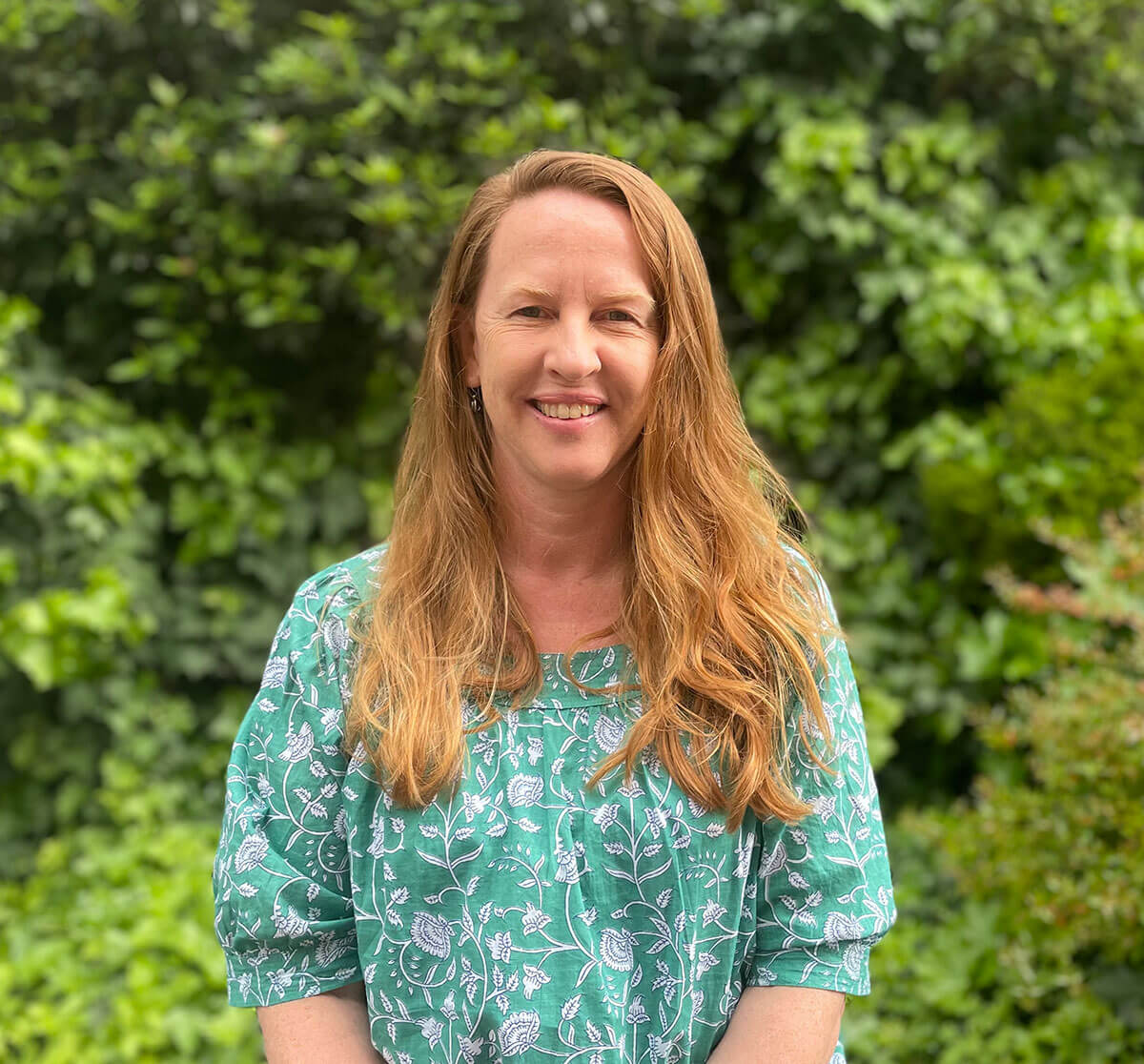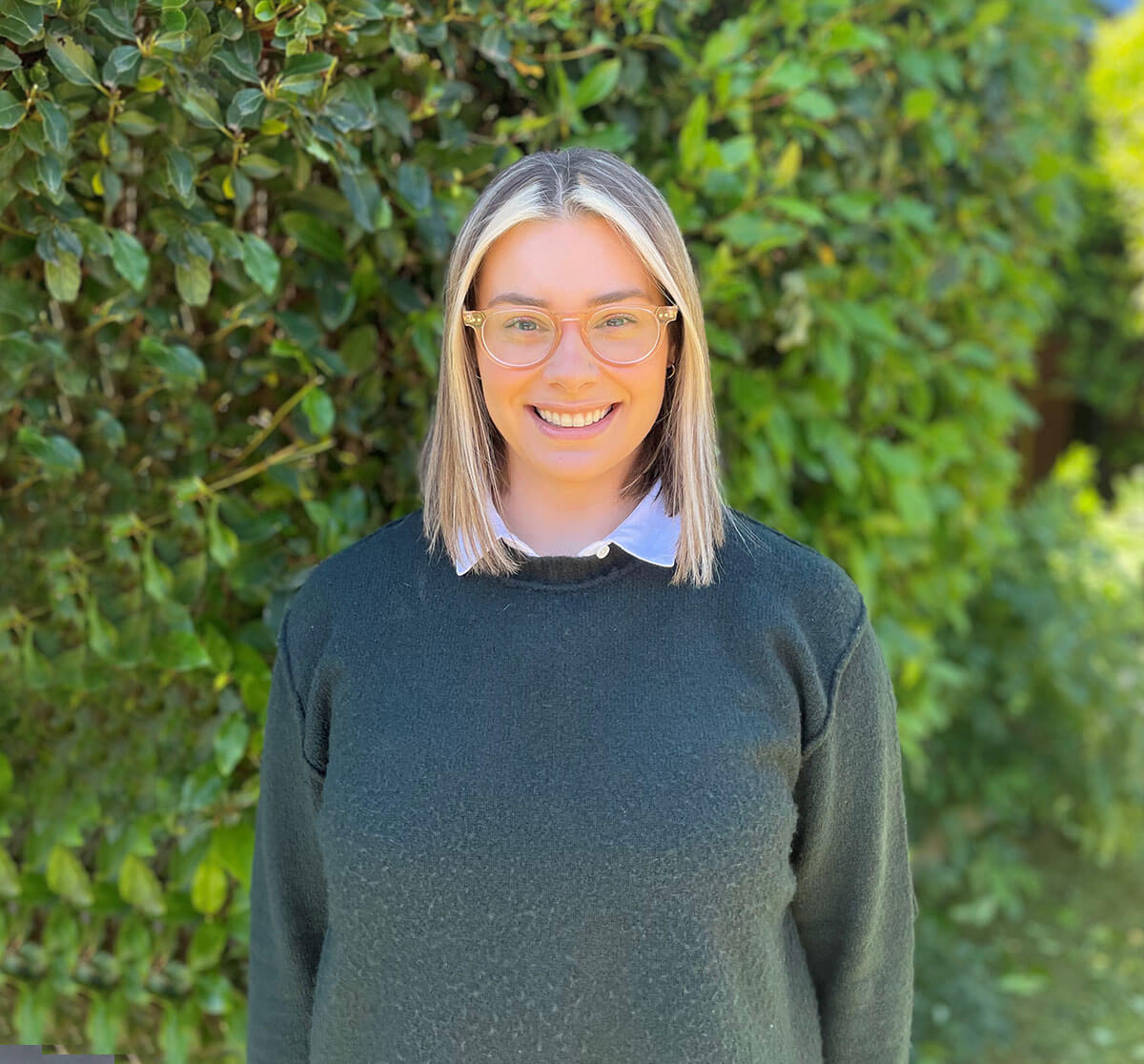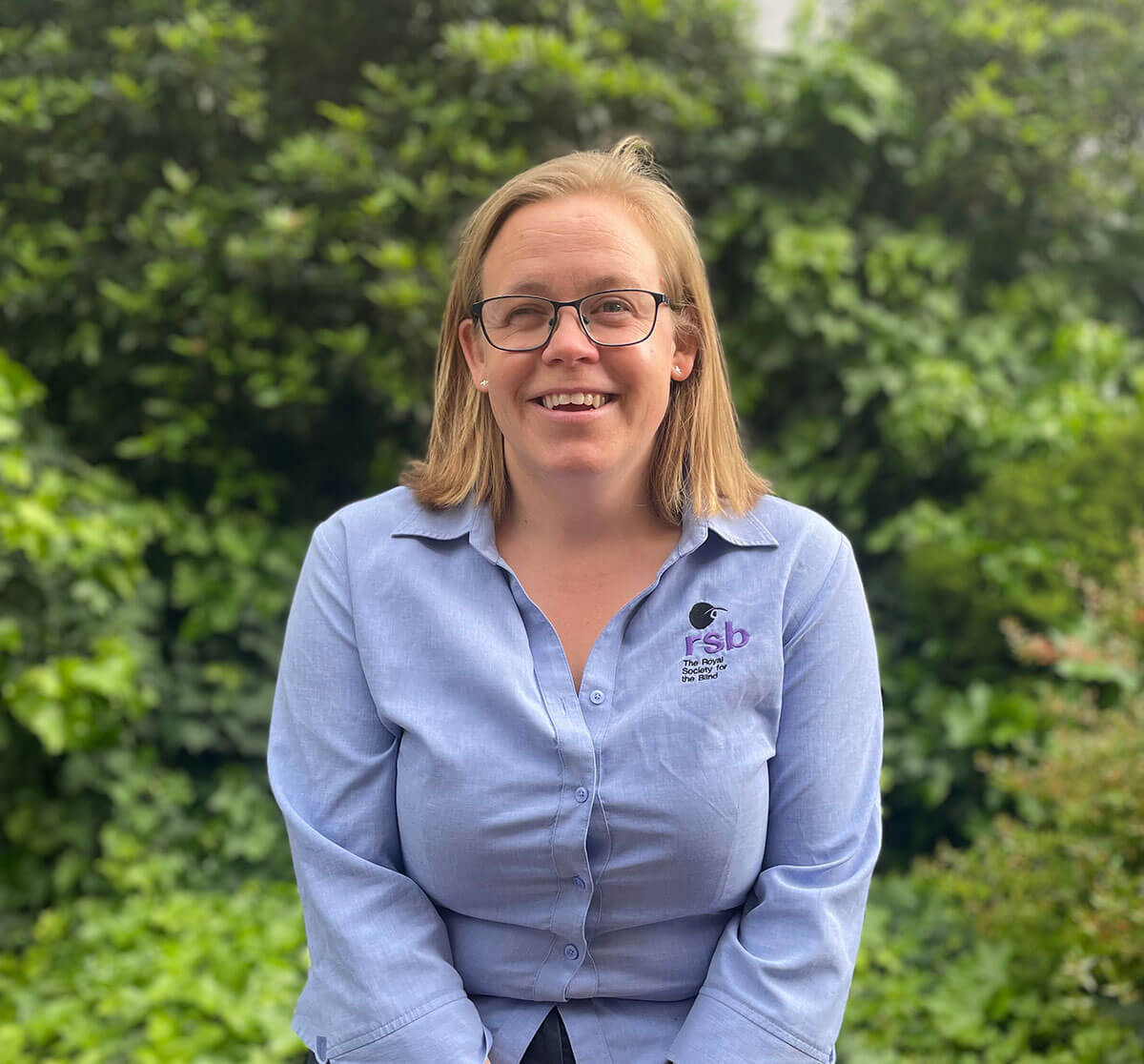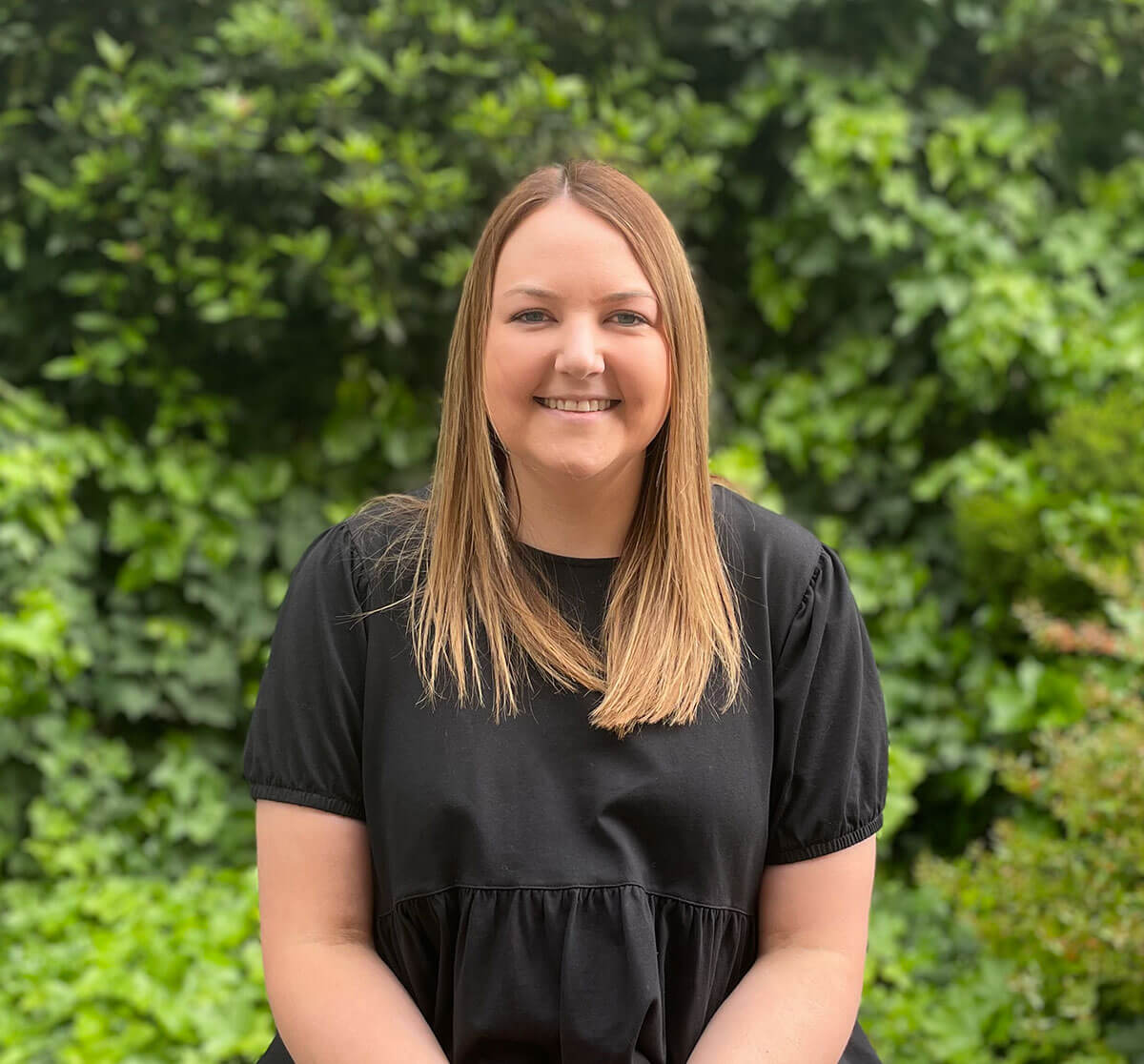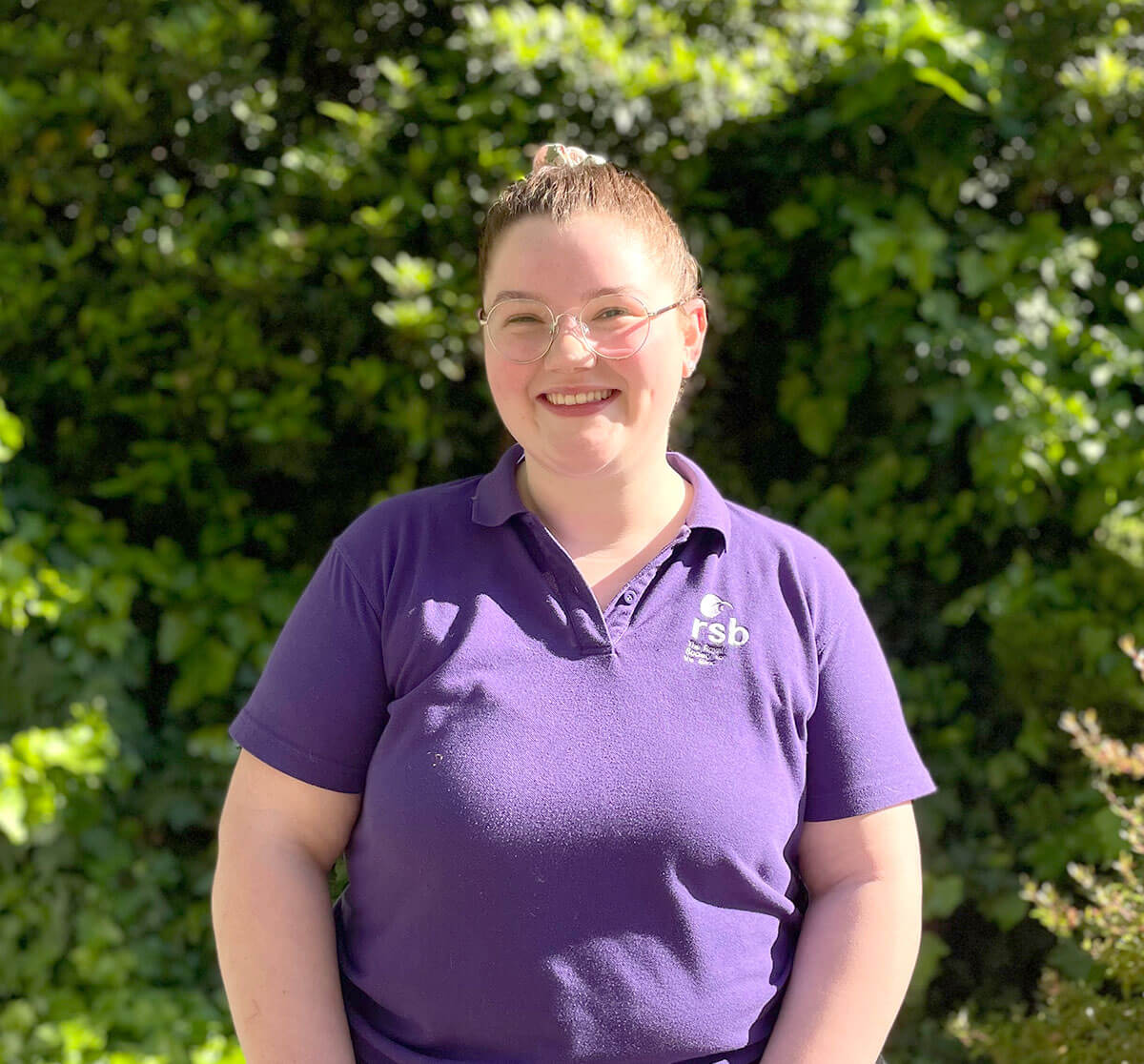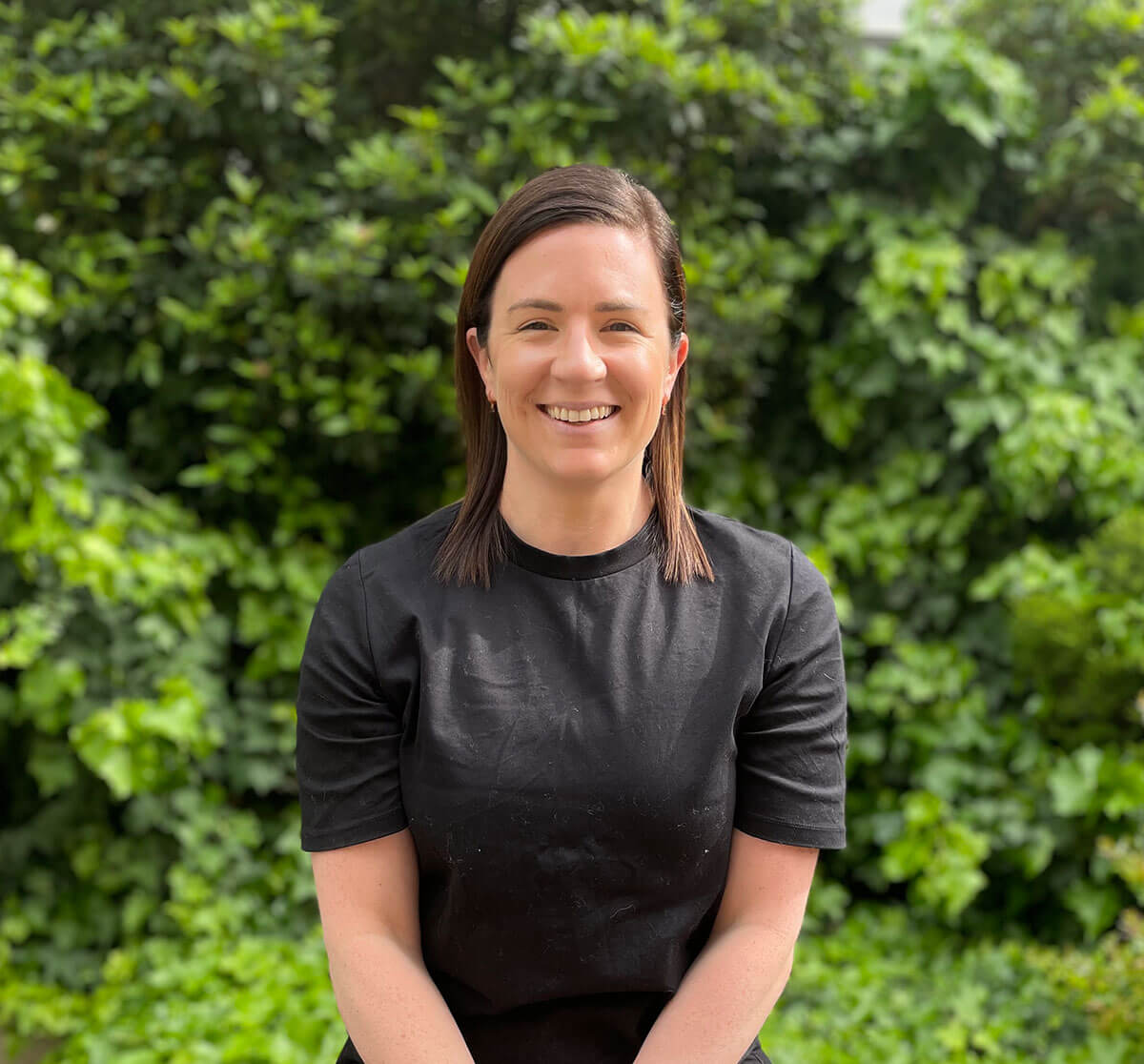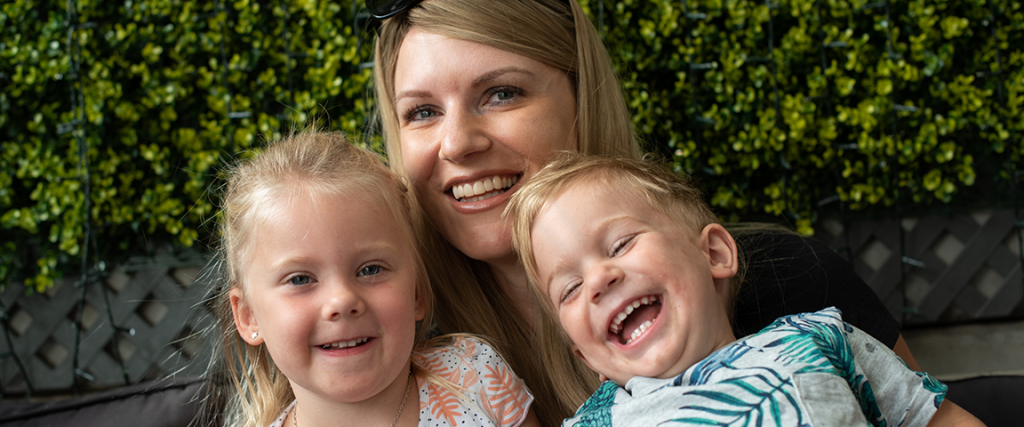
LIGHT, COLOUR, ACTION, DATE NIGHT!
Amanda is your typical young Mum. Two toddlers at her feet, demanding her attention. She shops, catches up with friends, enjoys the odd date night with her partner, and she works out when she can. She is taking a break from work to stay home and spend the important years with the kids. Her daughter will start school next year. Amanda is always busy.
The only difference is that Amanda is losing her sight.
Diagnosed with Stargardts disease at age 15, her vision has deteriorated since then. She can no longer drive. She has trouble determining shapes. She has difficulties in determining some colours.
Stargardts is a hereditary condition which impacts the central vision of people. It normally presents in younger people and the rate of decline in a person’s vision can vary. Fortunately, she will not pass it on to her own children.
There is no cure.
“I was 15 when I came to understand my vision was going to decline. I remember being in the car when Mum started to tell me how guilty she felt and how it was her and Dad’s fault, but my brother and I said that was rubbish, they had given us a fantastic childhood and we would deal with this as it happened.”
Imagine having to have that conversation with your own children. Feeling like you were responsible.
“The kids are great. My daughter kind of knows, and she is really good, but my son is just too young. He just sees me as his Mum. That’s good enough for now.”

I am sure you can imagine the challenges of raising two children when your vision was failing, and colours are getting difficult to pick. Things like getting them dressed. Preparing their meals, then getting them off to kindergarten and then before long to school, and for the RSB these are the everyday challenges our team helps resolve. Talking scales. New technologies. The right light fittings. Your gift will help us continue to provide products and programs to make life just that little bit easier for people like Amanda.
“I got my driving license as soon as I could. I didn’t know how long I would be able to drive but I did want to have that freedom. A couple of years later I was out driving one day when I realised I couldn’t tell if what was in front of me was a truck or a building.”
The loss of that independence took some time to get used to.
“I also became a scuba diver, and that feeling and sensation of being underwater was just fantastic, but I also got to the stage where I just couldn’t see well enough, so I had to give that up as well.”
Imagine losing the freedom to do things when you wanted to, to do new things, to go to places when you wanted to.
It is something many of us take for granted. Just like going to work. That can also get harder and many workplaces are just not designed for people with low vision.
“RSB were fantastic when we met them to understand what they could do, and from the moment they helped me adapt my workplace to accommodate my vision loss they have been really in our life.”
Like many people with vision loss, Amanda sometimes uses an RSB cane to identify herself as having vision loss.
“RSB helped me work with a cane, and since then I have used it at bus stops to make sure they stop because it can be hard to make sure I am catching the right bus, and sometimes at the shops where I need to queue or wait – other people can get quite cross if you look like you are jumping the queue.”
Your donation can help us continue to work with people like Amanda who rely upon a cane to retain their independence, and safely navigate their homes and their community.
Safely navigating and setting up the home is a key service offered by RSB to people with vision loss. It makes the home safer. It makes the home more helpful. It makes the home a support.
“As my vision has declined, RSB has always been relevant to me, and their services team has always been there for me. They helped me set up my home. Little things, like choosing chopping boards in colours that contrast food to make it easier to prepare meals, choosing the right light fittings and locations to assist me, putting tactile surfaces on buttons, talking kitchen devices. All of it just helps make things a little better.”
There is no cure for Stargardts.
And eventually, Amanda may need a guide dog. Guide dogs are truly life changing companions. They provide a level of independence for people who are blind or who have suffered significant vision loss. They restore the confidence and quality of life for people without vision. They become members of the family. They create independence. Your donation will help ensure that when the time comes, we can provide a trained guide dog to Amanda to ensure she retains her independence and the quality of family life we all want.
You can also donate by calling us on 1800 644 577 or click here.
On behalf of everyone at the RSB, thank you for your support.


